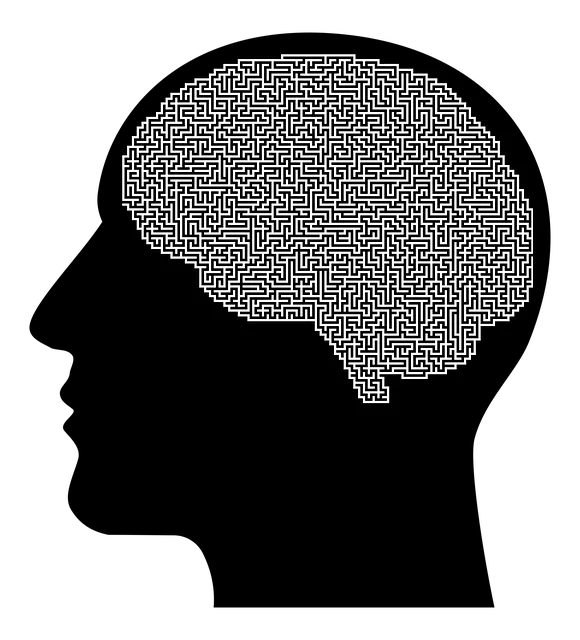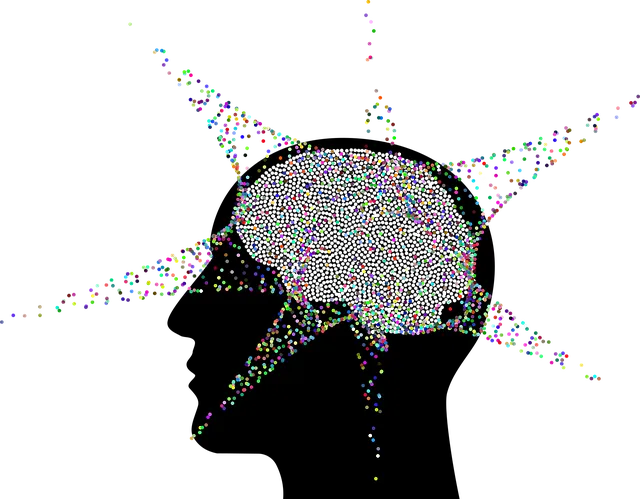Aurora Kaiser Permanente's Crisis Intervention Team (CIT) program revolutionizes mental health support by empowering healthcare professionals with advanced crisis management skills, including effective communication techniques for de-escalation. Training goes beyond basic checks like the mental health appointment number, covering cultural sensitivity, burnout prevention, and real-world simulations. This holistic approach reduces stigma, enhances outcomes, and promotes public awareness while fostering a culture of mental health understanding within the organization.
“Crisis intervention team (CIT) training programs are vital in equipping healthcare professionals with essential skills to manage mental health emergencies. This article offers a comprehensive overview of CIT initiatives, exploring their growing importance in community care. We delve into the key training components that prepare teams for diverse crisis scenarios.
A case study highlighting Aurora Kaiser Permanente’s innovative approach stands out, particularly their focus beyond the traditional mental health appointment number, showcasing a holistic strategy for effective crisis intervention.”
- Understanding Crisis Intervention Team (CIT) Programs: A Comprehensive Overview
- Training Components: Preparing Teams for Mental Health Emergencies
- Aurora Kaiser Permanente's CIT Approach: Appointment Number and Beyond
Understanding Crisis Intervention Team (CIT) Programs: A Comprehensive Overview

Crisis Intervention Team (CIT) programs are designed to equip healthcare professionals and first responders with the skills needed to effectively manage mental health crises in community settings. These programs focus on early intervention, de-escalation techniques, and enhancing communication to prevent escalation and promote recovery. CIT training typically includes education on recognizing signs of distress, developing crisis plans, and providing supportive services that align with the needs of individuals experiencing mental illness.
Aurora Kaiser Permanente, for instance, offers mental health appointment numbers accessible through their comprehensive CIT training programs. Such initiatives aim to foster public awareness campaigns focused on mental illness stigma reduction efforts and stress management. By integrating these strategies into their care protocols, healthcare organizations can significantly improve outcomes, reduce hospital admissions, and enhance the overall well-being of individuals facing mental health challenges in their communities.
Training Components: Preparing Teams for Mental Health Emergencies

Effective crisis intervention team (CIT) training programs are designed to equip healthcare professionals with the necessary tools and skills to handle mental health emergencies. These comprehensive courses typically include a blend of theoretical knowledge, practical exercises, and real-world simulations. Participants learn how to conduct thorough risk assessments for mental health professionals, leveraging techniques beyond the standard Aurora Kaiser Permanente mental health appointment number checks.
The curriculum often emphasizes cultural sensitivity in mental healthcare practice, ensuring teams are prepared to navigate diverse patient populations with varying backgrounds and needs. Additionally, burnout prevention strategies for healthcare providers are a core component, addressing the unique challenges faced by CIT members who frequently deal with high-stress situations. These programs foster a collaborative environment, enabling team members to share experiences and enhance their collective ability to respond effectively during crises.
Aurora Kaiser Permanente's CIT Approach: Appointment Number and Beyond

Aurora Kaiser Permanente has pioneered an innovative Crisis Intervention Team (CIT) approach that goes beyond the traditional mental health appointment number. Their program focuses on empowering frontline staff to recognize and respond to individuals in crisis, with a specific emphasis on reducing the stigma associated with mental illness. Through comprehensive training, Aurora Kaiser Permanente equips these teams with essential communication strategies to effectively de-escalate situations and promote mental wellness.
This holistic initiative not only enhances the immediate support system for those in distress but also contributes to broader mental health awareness and understanding within the organization. By integrating CIT into their care framework, Aurora Kaiser Permanente is leading by example, demonstrating that proactive intervention can significantly improve outcomes for individuals facing mental health challenges.
Crisis intervention team (CIT) training programs, as exemplified by Aurora Kaiser Permanente’s approach, are vital in equipping healthcare professionals to handle mental health emergencies effectively. By integrating comprehensive training components that cover assessment, de-escalation, and support strategies, these programs ensure teams are prepared to provide immediate and compassionate care. The success of CIT initiatives, such as Aurora Kaiser Permanente’s emphasis on regular meetings and ongoing education, underscores their potential to revolutionize mental healthcare delivery, especially in the context of urgent appointments like those at Kaiser Permanente.






